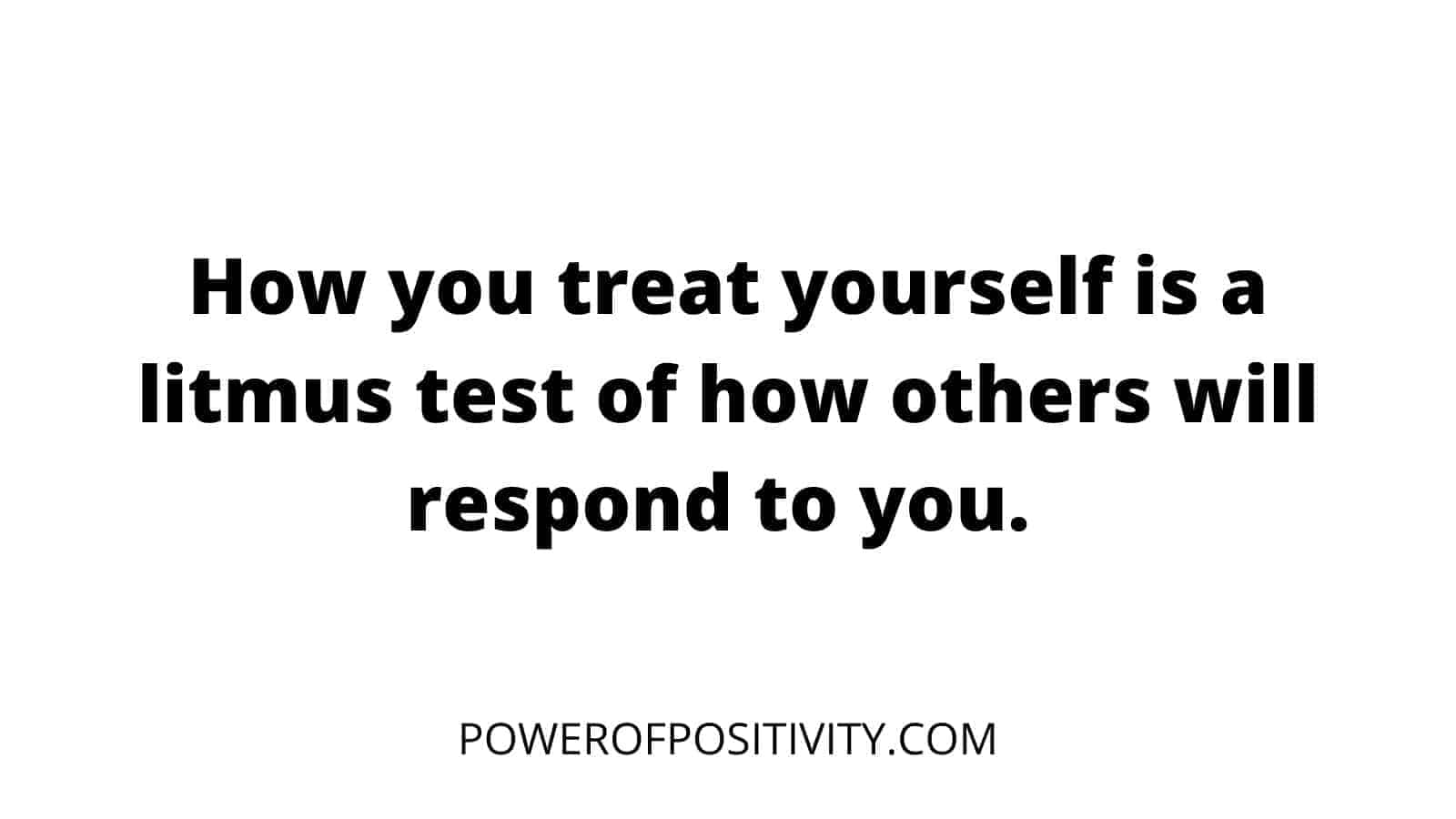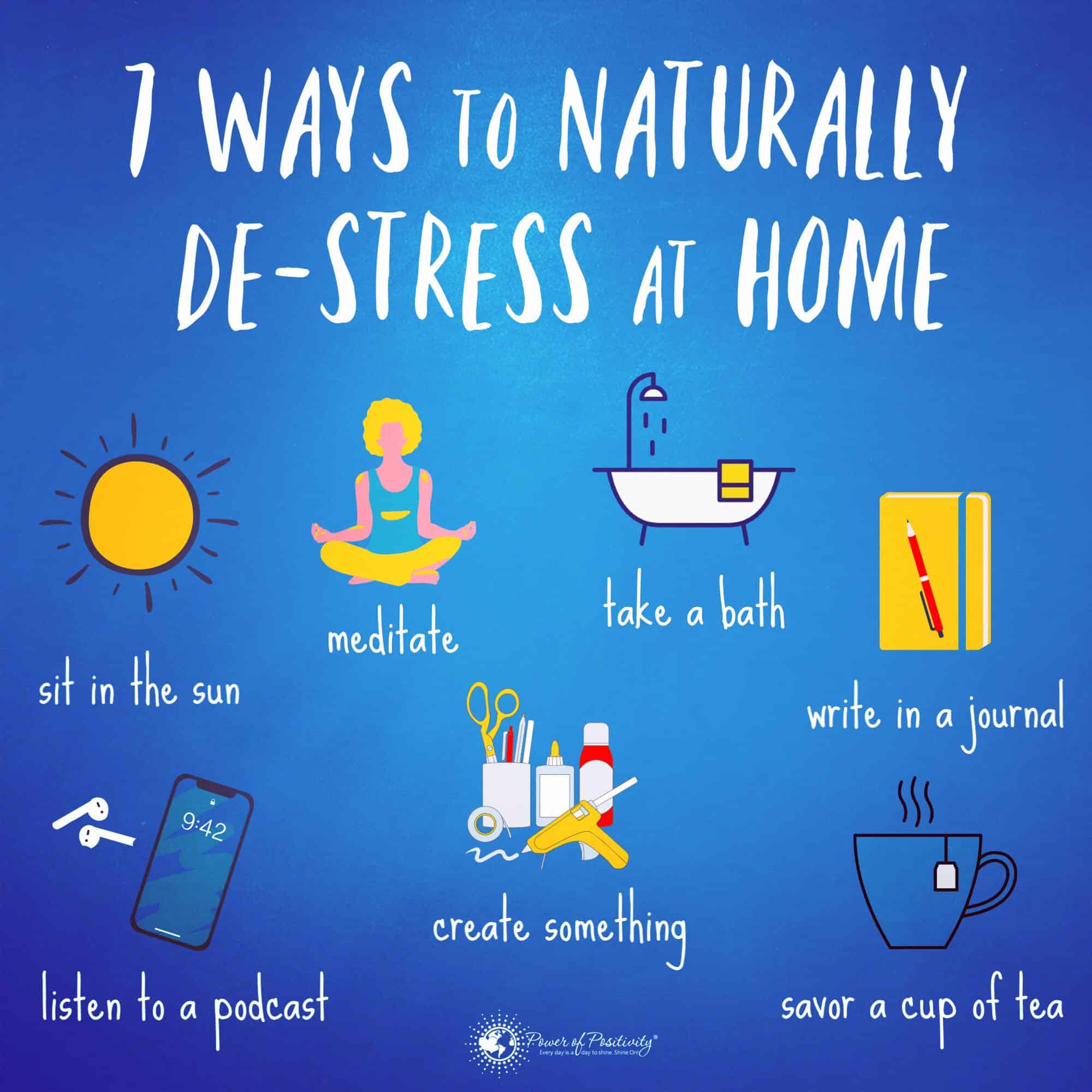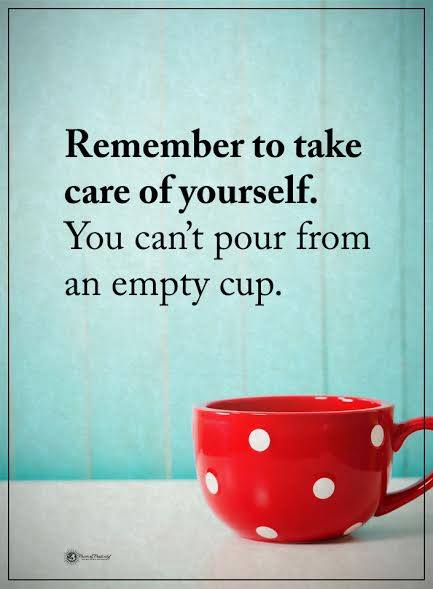Relationships come in all kinds of shapes and sizes.
Larry Shushansky, a speaker, author, and family therapist, says, “Realize that all relationships involve a process and it’s more important to evolve your relationship forward instead of worrying about creating a ‘perfect’ relationship.”
Some things should never be tolerated whether a relationship is romantic, platonic, or familial. A lot of people don’t know what a healthy connection looks like. Consequently, some are prone to finding unhealthy relationships of all kinds.
Some people may mistake the feelings of being in an unhealthy situation with depression and try to treat the wrong things to feel better. Understanding what should never be accepted in a relationship will make it easier to escape a harmful and destructive relationship and start rebuilding your life.
“When you stop expecting people to be perfect, you can like them for who they are.” – Donald Miller
Eight Behaviors You Should Never Accept In A Relationship

1. A controlling partner
Relationships are built on trust. When there’s a lack of trust, the partnership is going to start to fall apart. Partners who are extremely controlling and demand that they know where their significant other is at all times should never be tolerated.
Author Andrea Bonior, Ph.D. states, “Controlling people use a whole arsenal of tools in order to dominate their partners— whether they or their partners realize what’s happening or not. Whether controlling behavior leads to more severe emotional or physical abuse or not, it is not a healthy situation.”
Therefore, controlling behavior is a red flag. While it may not seem too bad initially, it can escalate quickly. Everyone deserves to have trust, freedom and control over their autonomy in a relationship.
2. Breaching trust
If your partner is going around telling everyone the things you’ve told them in private, or sneaking in your private things like your phone or your computer, then that isn’t okay by any means. Partners should have mutual trust with one another and respect for each other’s belongings and private matters. Someone should be able to trust their partner not to betray them, not worry if they’ve already done so.
3. Neediness
The desire to feel loved and wanted is perfectly normal in most relationships. However, when that desire turns into a controlling neediness, it can overwhelm one partner. Neediness can “destroy romantic relationships, compromise professional opportunities, and contribute to a cycle of frustration, depression, and dissatisfaction,” says relationship development expert AJ Harbinger.
A foundation should be built with two independent partners. If one partner starts acting more like a child than a lover, the relationship is bound to go sour fast. Everyone deserves to feel like an equal, not a caretaker.
4. Negativity
Not everyone can be positive at all times. There are times where people feel low in their lives. But a connection devoid of positivity is something that no one should have to deal with. A consistently negative partner will eventually start to seep into how they treat their significant other, which will be just as negative as the rest of their outlook. Settling for a partner with a negative outlook will only bring you down.

5. Emotionally unavailable
If your partner is emotionally unavailable, then the relationship is just not going to work. People get into relationships because they want to share their lives with another person. Someone emotionally unavailable and getting into a relationship may not have your best interests in mind. They may have little interest in your emotions at all. Instead, they might look only for financial gain or sexual gratification. Being with someone emotionally available is a key part of any connection, and a lack of emotional reciprocation should never be tolerated.
6. Bad listener
Communication is the backbone of any union. Without it, most relationships face a plethora of problems. Psychiatrist Jared Heathman M.D. says, “Maintaining open lines of communication is so important, and a strong relationship allows each individual to express themselves with a partner who listens and promotes further communication.”
Couples who don’t communicate may find that their relationship can sour quickly. One thing that no one should ever have to tolerate in any alliance is a partner who doesn’t listen to them. Someone who doesn’t listen doesn’t value your thoughts, opinions, or feelings. Nobody should have to deal with that in a relationship.
7. Unsupportiveness
A red flag in any partnership is a partner who gets jealous of their significant other’s success or a partner who tries to keep their significant other from achieving their goals. A healthy relationship includes partners who support one another, not partners who try to sabotage one another. Never accept a scenario where your partner doesn’t support your dreams and goals in life.
8. Irresponsibility
A partner who shirks their share of the chores, spends recklessly, and rejects responsibility for their actions is not the partner you want. In fact, that’s a partner that nobody should have to deal with in a relationship.
According to clinical psychologist Russell Grieger, Ph.D., ““being” responsible may very well serve to make relationships work despite other debilitating factors, while “being” irresponsible may seriously undercut an otherwise viable relationship. The purpose of this article, then, is to explore the nature.”
If one person in the relationship isn’t ready to face adulthood and all the responsibilities that come with it, neither are they ready to commit to a relationship.

Final Thoughts on Behaviors That Destroy Relationships
Learning how relationships can go wrong can help people be on the lookout for red flags and unhealthy relationship dynamics. Many people don’t know that there are things that they must refuse to accept in a relationship. That’s because they never learned any better. The more people become aware of the healthy, happy things they deserve in a relationship, the better off they’ll be. As a result, they will seek more fulfilling alliances, and being a positive force on the people around them.







